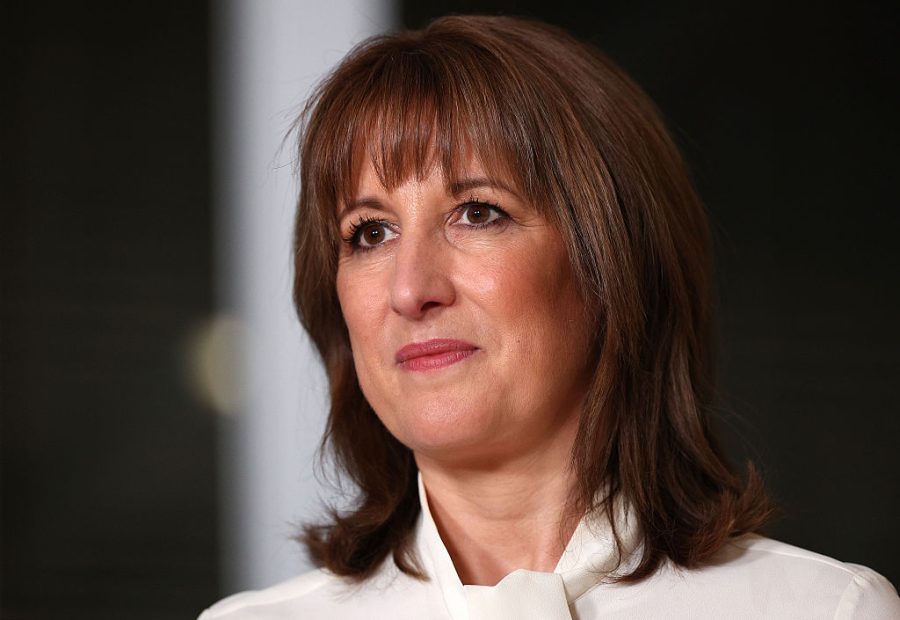True to form, Rachel Reeves’s autumn Budget didn’t land smoothly. The publication of the OBR report she was supposed to unveil during her announcement meant that broadcasters, politicians and the public were more focused on scanning the leaked document than the speech she had been preparing for months. The headlines have focused on a huge uptick in welfare spending, stealth taxes which may or may not constitute a Labour manifesto pledge and the scrapping of the two-child benefit cap (Labour backbenchers can breathe a sigh of relief). What has received relatively less coverage is the North Sea – and just how energy-friendly Labour’s Budget is.
Reeves’s fiscal statement will have come as a disappointment to the oil industry, which had spent much time urging the Chancellor to scrap the windfall tax on the sector. Formerly known as the Energy Profits Levy, the tax on oil and gas profits was announced in May 2022 by then-Chancellor Rishi Sunak: initially set at 25 per cent, Jeremy Hunt increased the levy to 35 per cent in 2023 before Keir Starmer’s government raised it even higher to 38 per cent the following year. Today’s announcement noted that this measure will be retained until 2030 in a blow for oil and gas companies. The industry isn’t holding back its anger over the move, with Offshore Energies UK condemning the government’s decision – and claiming the retention of the levy will ‘cost tens of thousands of jobs, cripple investment and undermine Scotland and the UK’s energy security’. So they’re not impressed, then.
The Labour government has insisted that it is focused on protecting jobs up north
Alongside the Budget, the government also published its ‘North Sea Future Plan’, laying out its vision for the energy industry and jobs in Scotland’s north-east. It reveals that Net Zero Secretary Ed Miliband will indeed crack down on new oil and gas exploration in the North Sea, meaning that the current Labour government is standing firm on its decision not to issue new licences to explore new fields. While Miliband will allow new offshore fossil fuel projects to move ahead – as long as they are linked to fields that already exist – opposition politicians have pointed out the paradoxical nature of Labour’s stance. ‘We are importing more gas from overseas than ever before,’ shadow Scotland secretary Andrew Bowie tweeted, alongside several emojis that expressed his head-in-hands sentiment.
And it’s not just the Tories who are bemused by Labour’s decision. The SNP MP for Aberdeen North, Kirsty Blackman, has also hit out at the retention of the punishing levy on oil and gas. ‘This will continue to cost thousands of jobs,’ she fumed on social media. Her position is widespread among the SNP’s Westminster group, if not their Holyrood crowd. Her colleague Seamus Logan MP told me during a More in Common event at his party conference that the SNP’s ‘presumption against new licences’ was a ‘policy of the past’. Logan said that the nationalist party – which, when in coalition with the Scottish Greens, had previously taken a stance against new oilfields, like Rosebank and Cambo – was now prioritising jobs rather than banning new fields. The fact that the north-east of Scotland will become a battleground for the SNP, Tories and Reform at next May’s Scottish elections will of course have some bearing on the nationalist turnaround.
The Labour government has insisted that it is focused on protecting jobs up north and is investing some £14.5 million of funding in Grangemouth to ‘support industrial projects’ and a ‘Skills Transition Centre’ – but questions remain about how ‘just’ the transition to renewables will be. The infrastructure is not yet there to support a larger shift to renewables, while – as Bowie adeptly notes – the country is in the bizarre position of importing oil from abroad when Scotland’s North Sea remains oil-rich. It may be a reserved issue, but expect energy to be a key campaigning point as the Holyrood election approaches.







Comments